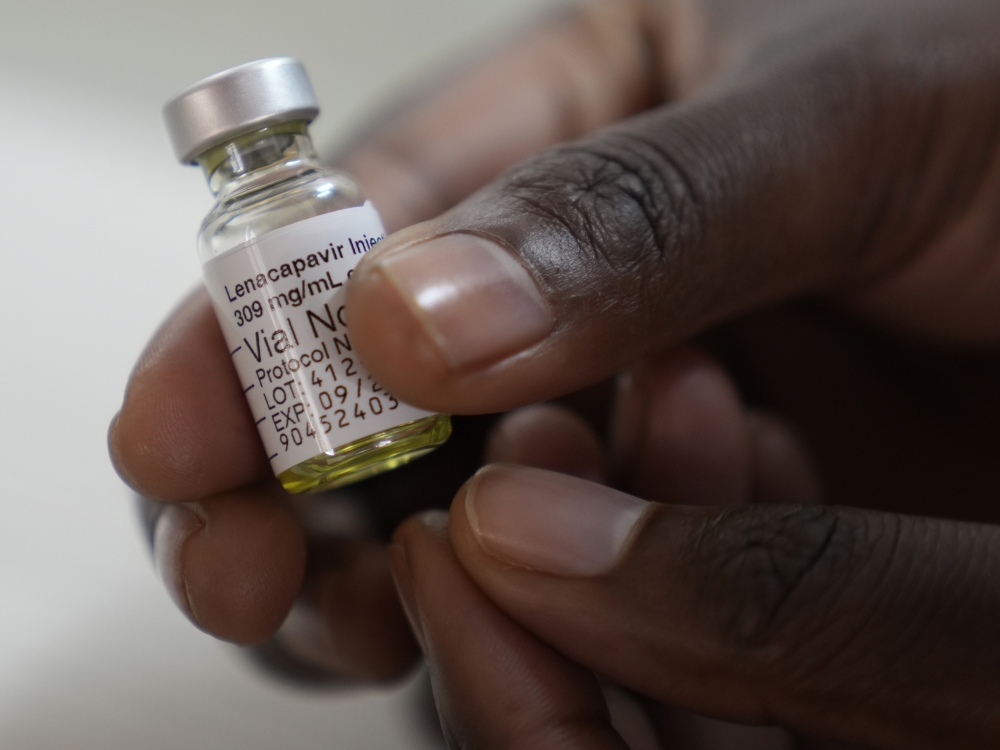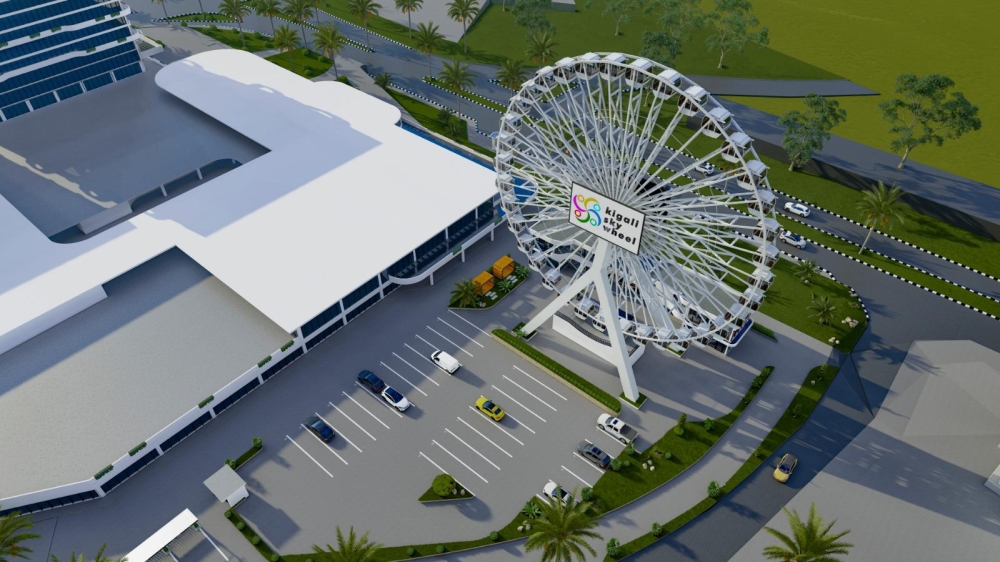PRETORIA – Despite low incomes and poor infrastructure, Africa is embracing the internet. But e-commerce enthusiasts should not jump for joy yet – social networking is the number one online activity and only 10% to 13% of internet users shop online, while even fewer bank online.


PRETORIA – Despite low incomes and poor infrastructure, Africa is embracing the internet. But e-commerce enthusiasts should not jump for joy yet – social networking is the number one online activity and only 10% to 13% of internet users shop online, while even fewer bank online.This is according to a McKinsey & Company Insights Center survey of the continent’s big cities released this month. As authors Ade Sun-Basorun, Lohini Moodley, Suraj Moraje and Marie Nielsen put it: "Urban Africans have embraced the internet, driven by the need to connect with friends and family and the increasing affordability of internet-capable phones.”The survey covered 15 000 individuals from 19 cities in 12 countries across Africa, as these cities generate disproportionately large amounts of Internet traffic and account for over 80m consumers – 15% of the respective countries’ national populations. According to McKinsey these cities also represent nearly 25% of the countries’ national consumption – about $350bn.The survey shows that a quarter of the consumers who access the internet daily do so via mobile phones. After social networking comes e-mail and viewing music videos (see image).While the recent South African Census 2011 results released at the end of November showed that less than half of South African households have access to the internet, the McKinsey report shows that internet penetration is higher in the urban areas. The two countries where urban populations have a very high internet penetration are Kenya and Senegal with 72% and 68% respectively.According to South Africa’s census results 64.8% of households had no internet access. This could however change quickly if more people access the internet over their phones, seeing as the country already had a cellphone penetration of 100.48% in 2009, according to a Unicef report released earlier this year.






